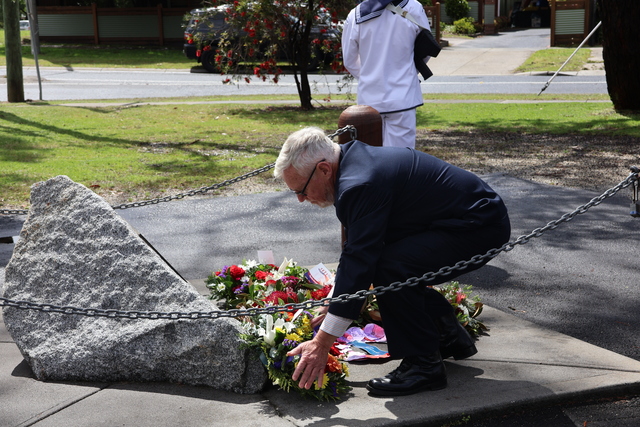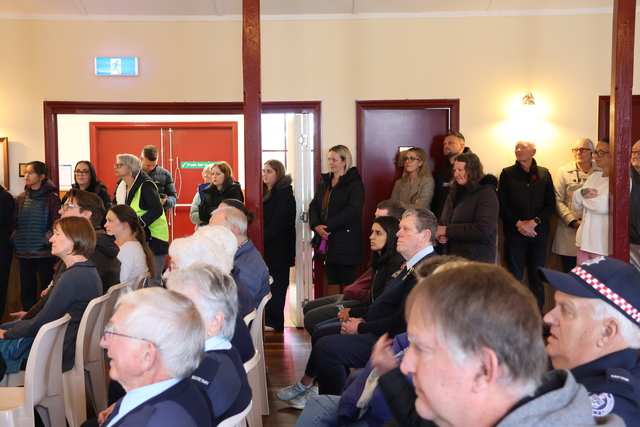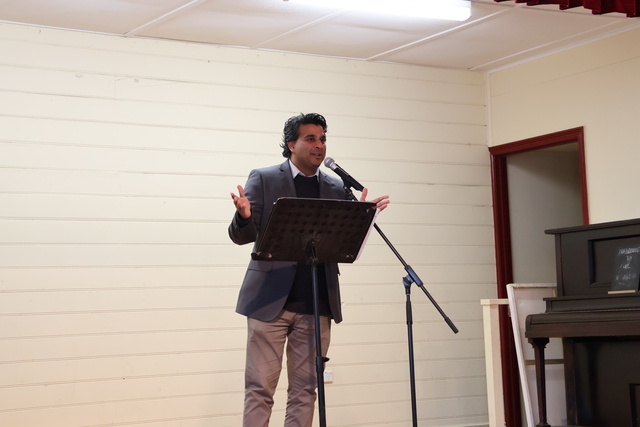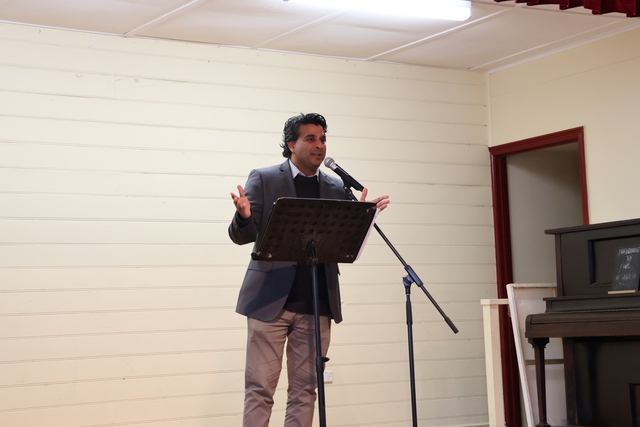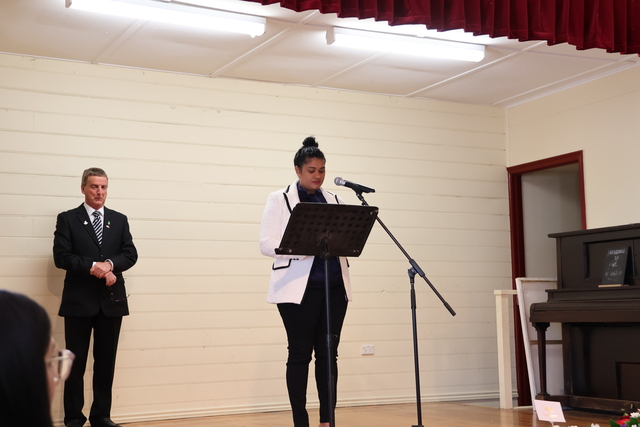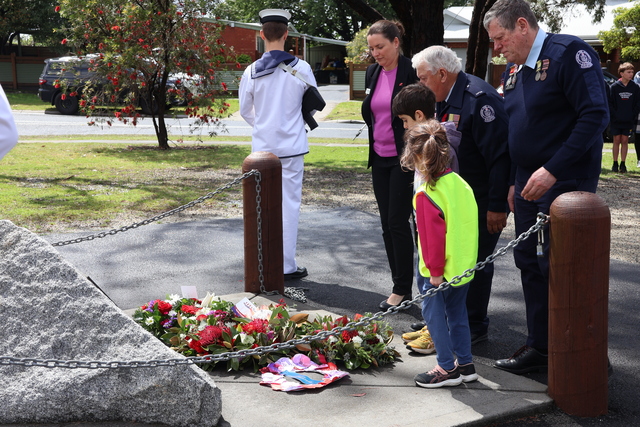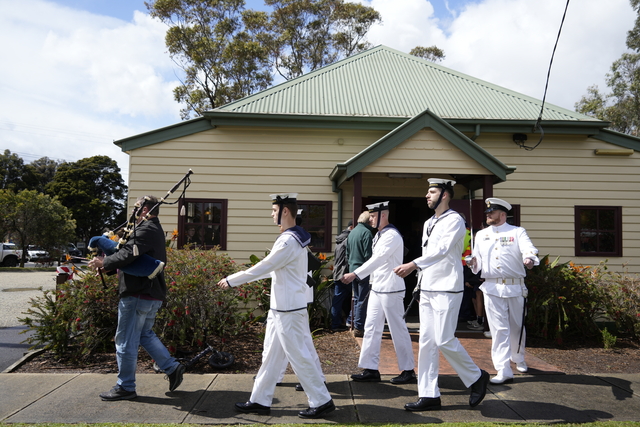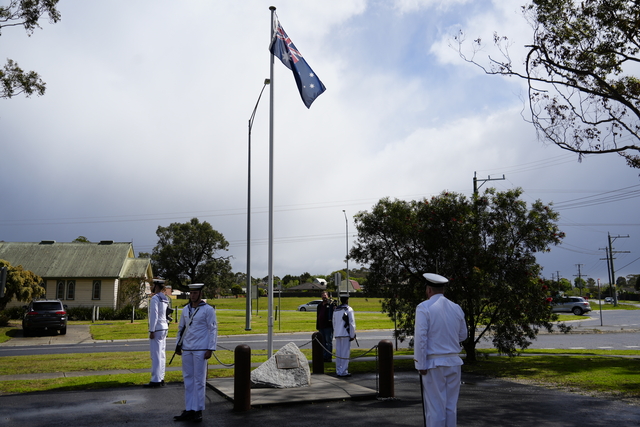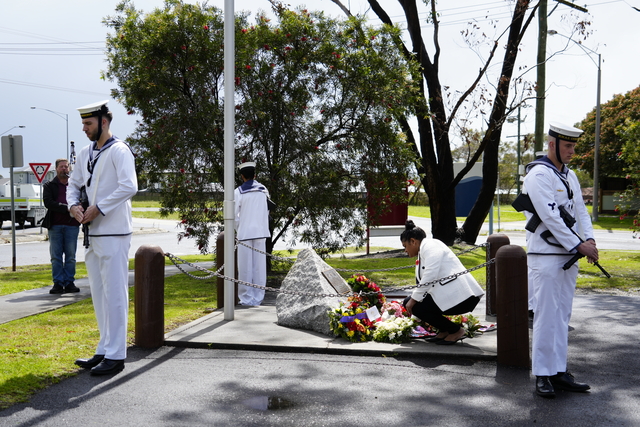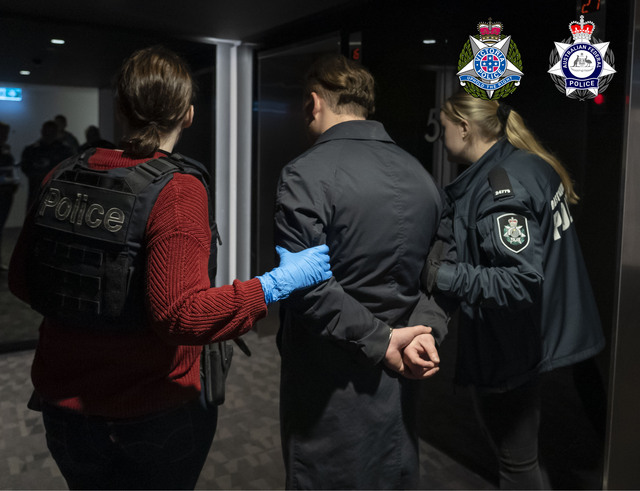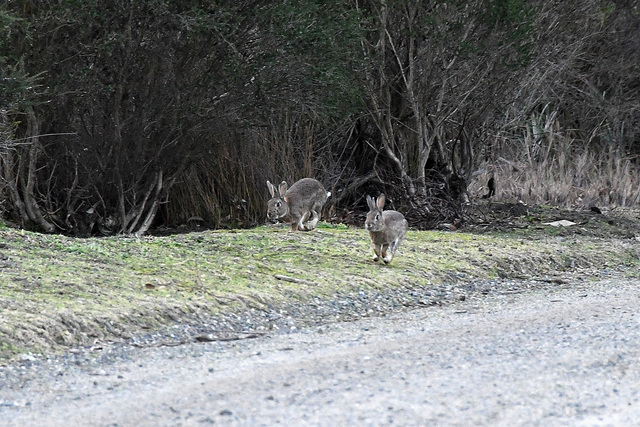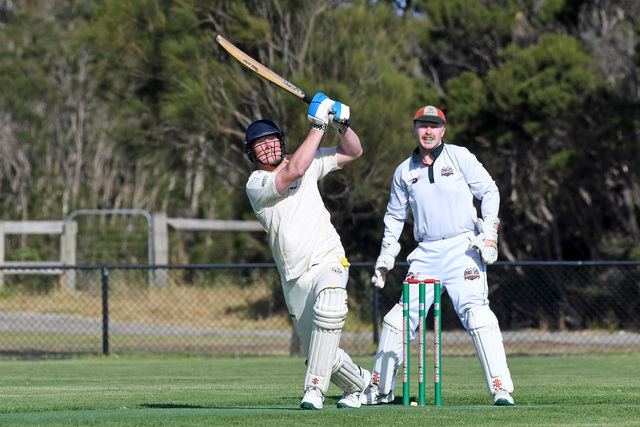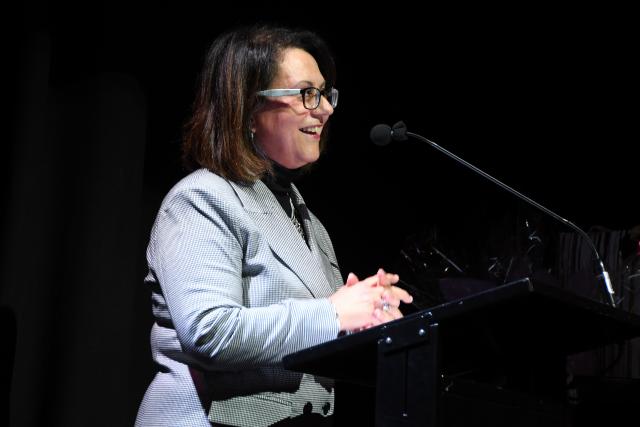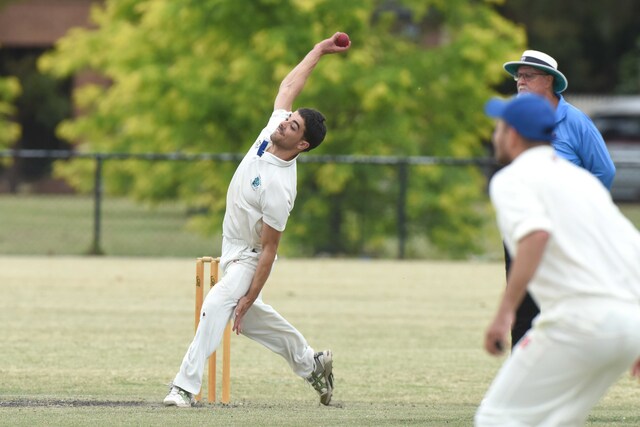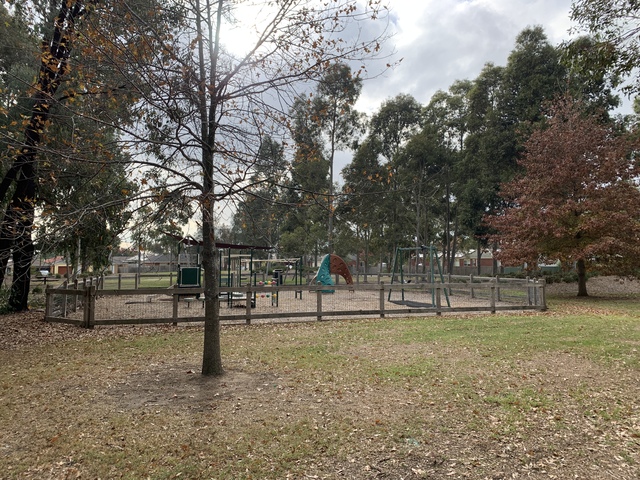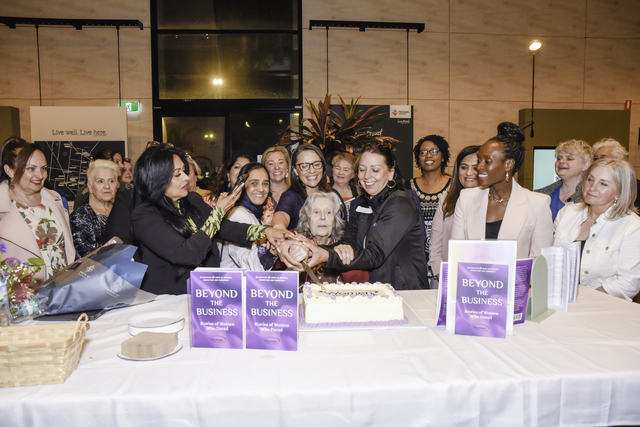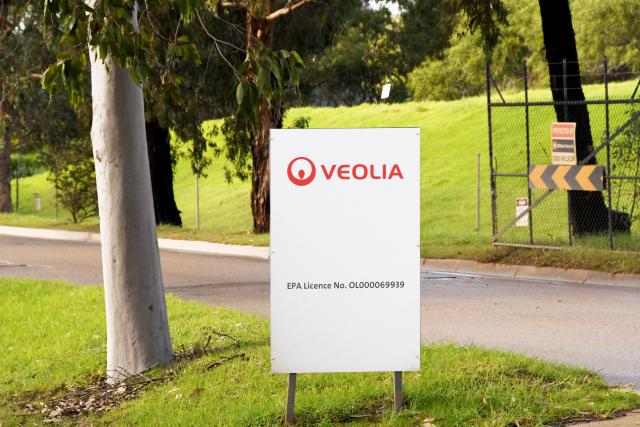Despite the rain, the Pearcedale community turned out in strong numbers to honour the Remembrance Day service at the Public Hall.
According to the president of Pearcedale Public Hall committee, Tony Vagg, it was a last-minute decision to move the annual service indoors due to the weather conditions.
He said the turnout would have been bigger.
“We normally have about 400 people at Remembrance Day, and about 800 to 1000 at ANZAC Day,” he said.
“The kindergarten and the primary school kids are excellent, well-behaved kids, representing the new generation.
“People who come say our service is very good and simple, and everybody enjoys it. It’s a good community thing.
“One thing to talk about is that we don’t have any vandalism in here. The hall didn’t get touched, which is unusual. The cenotaph was left alone. The memorial at the back is left alone.”
The Pearcedale Public Hall Committee, made up of about eight local volunteers, meets several times a year to plan the town’s two major commemorations.
Multiple guest speakers delivered speeches on the meaning of Remembrance Day to the nation, including Holt MP Cassandra Fernando and Casey Councillor Michelle Crowther.
Warrant Officer Damian Collins talked first on the stage and traced the origins of Remembrance Day to the end of World War I, when the guns fell silent on the Western Front at 11am on 11 November 1918 after more than 1,500 days of warfare.
“Today, Remembrance Day is not just about the men and women of 1918,” he said.
“It is a day to commemorate the sacrifices made by all who have served and died in every conflict since World War I, from World War II, Korea, Malayan, Vietnam, the Middle East and peacekeeping operations worldwide.”
He reflected on the red poppy as a lasting symbol of remembrance and resilience, growing in the devastated battlefields of Europe.
“It serves as a reminder that even in the harshest devastation, life, though delicate, is yours,” he said.
Calling Remembrance Day “a moral contract with those who serve”, Mr Collins urged those gathered to see the day as more than a moment of silence.
“Remembrance is not a passive act. It represents a conscientious commitment. This act goes further than simply wearing a poppy or maintaining silence,” he said,
“It is about taking the lessons of the past and applying them to the present.
“Every story we read, every name we honour, every life that was lost is a stark reminder that war is a failure of humanity.
“Remembrance Day is fundamentally an anti-war day. It urges us, our generation, to dedicate ourselves to creating connections, fostering understanding and emphasising conversation rather than conflict.”

